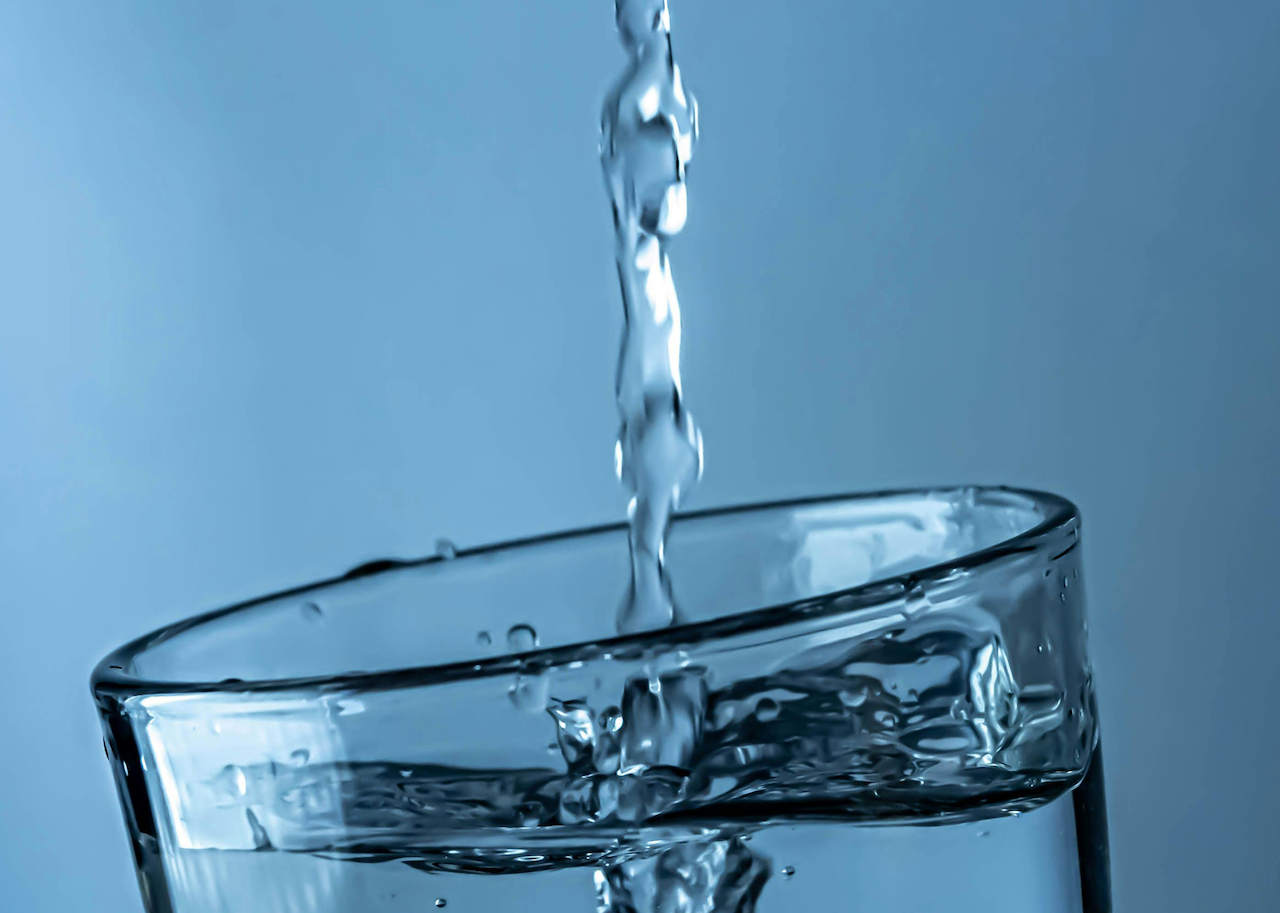Neurogenic bladder dysfunction and the subsequent care should be funded in full by your medical aid
The Council of Medical Schemes (CMS) officially listed neurogenic bladder dysfunction and the subsequent care as a prescribed minimum benefit (PMB) for medical aids. All PMBs need to be funded in full by medical aids regardless of the member’s benefit level.
In their official announcement, the CMS writes: “PMB regulations prescribe that the diagnosis, treatment, and care costs of PMB conditions must be funded irrespective of the member’s benefit option when a designated service provider (DSP) is used. Medical schemes must pay for in and out-of-hospital costs in full if the services were obtained from a DSP. In cases of involuntary use of a non- DSP, healthcare services must still be paid in full.”
In other words, your single-use intermittent catheter should be paid in full! The decision is greatly due to the work of the Clinical Advisory Panel (CAP) that worked with CMS to get the best standard of care for neurogenic bladder covered as a PMB. CAP has done significant work to advocate for the gold standard of bladder management including publishing a paper with recommendations.
In addition, they have also hosted websites educating people on how to better care for their bladder. Core to their advocacy is the message, “Refuse to Reuse”, which calls on users not to reuse their catheter as this dangerous practice can increase the frequency of urinary tract infections (UTIs).
Here are a few things that you can do to better care for your bladder:
- Refuse to reuse: Intermittent catheter users should use their catheter only once. Washing it is not enough to prevent bacteria from entering your urethra.
- Clean hands: You or your caregiver should wash your/their hands thoroughly before catheterisation. Hand sanitiser is not a substitute for soap and water.
- Fully empty often: Empty your bladder regularly and empty it completely. An overfull bladder can damage your kidneys.
- Stay hydrated: Drink at least two litres of water a day to help your body flush out toxins. When exercising or on warm days, you should be drinking even more water.
Download the Hidden Consequences of Spinal Cord Injuries booklet on the QASA website for more advise on how to best care for your bladder.






